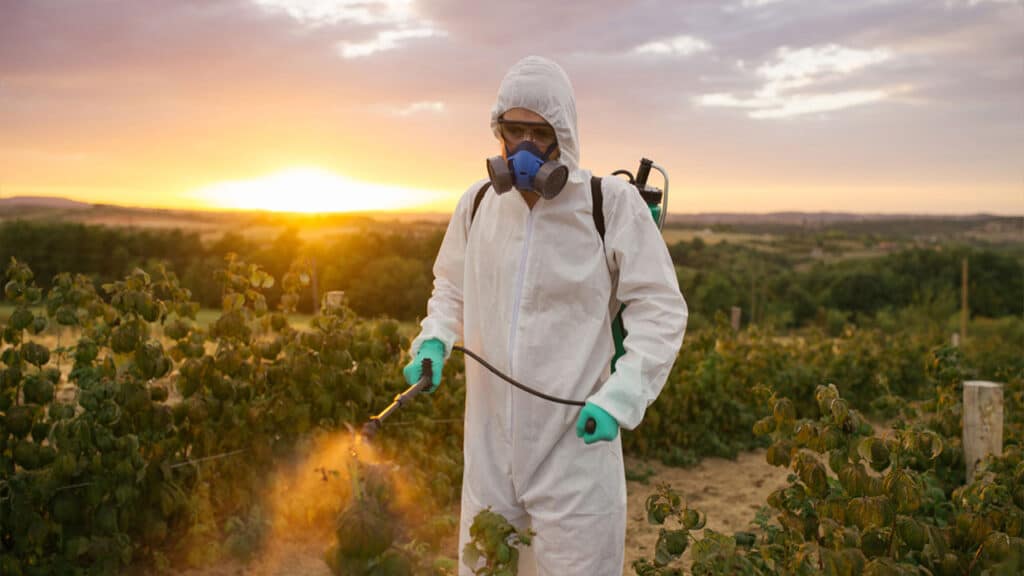If you’re listing the benefits of organic food, the lack of pesticides is often going to be near the top of the list. Pesticides are, after all, designed to be toxic. They’re meant to be targeted at insects and other pests, but that doesn’t mean that humans want to be consuming them.
Do organic foods have lower pesticide levels than non-organic foods? Undoubtedly. One of the legal requirements if you want to label your food “organic” is that the crops are grown without the harshest pesticides. Non-organic food does attempt to remove some of these pesticides in the harvesting and selling process before you can eat them, but often there will be a so-called “residue” that remains. This isn’t such a worry with organics.
Pesticide residue isn’t normally harmful if the dose is small enough. The problem is that eating lots of food with low levels of pesticide residue can cause the overall levels of pesticides to accumulate. You’ve also got the problem of birds and animals eating the crop while it’s covered with pesticides. If those animals are also part of the human food chain, that’s another potential source of pesticide consumption. And let’s not forget the farm workers who are exposed to higher doses every day.
We’ve made some improvements with pesticides. There was a time when arsenic, possibly more famous as a favored murder weapon in certain crime novels, was a particularly prominent pesticide. It was used alongside lead and mercury, which are also very dangerous for humans. In later years there was DDT, which was eventually banned because of the impact it was having on other animals, particularly birds.
The wider environmental impact is another major consideration when it comes to pesticides. It’s not just humans who may be harmed if they’re not kept under control, and when you’re spraying indiscriminately across dozens of fields, it’s easy for pesticides to contaminate all sorts of unintended plants, animals and water sources in the nearby area.
Today, a lot of the worst pesticides have been banned, but there are others that are still associated with major health risks. There are also concerns about the impact on vital, endangered species like bees. If you want to be sure to minimize the effect that pesticides are having on health and the environment, many people would recommend food from organic crops as the best choice.




